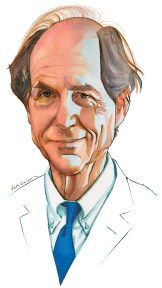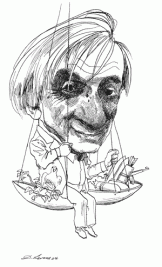
Brave Spaces
Five recent books address hate speech, censorship, and free expression on campus
Free Speech on Campus
by Sigal R. Ben-Porath
Free Speech on Campus
by Erwin Chemerinsky and Howard Gillman
We Demand: The University and Student Protests
by Roderick A. Ferguson
Safe Spaces, Brave Spaces: Diversity and Free Expression in Education
by John Palfrey, with a foreword by Alberto Ibargüen
The Case for Contention: Teaching Controversial Issues in American Schools
by Jonathan Zimmerman and Emily Robertson
See all reviewed works
See less
June 28, 2018 issue





















